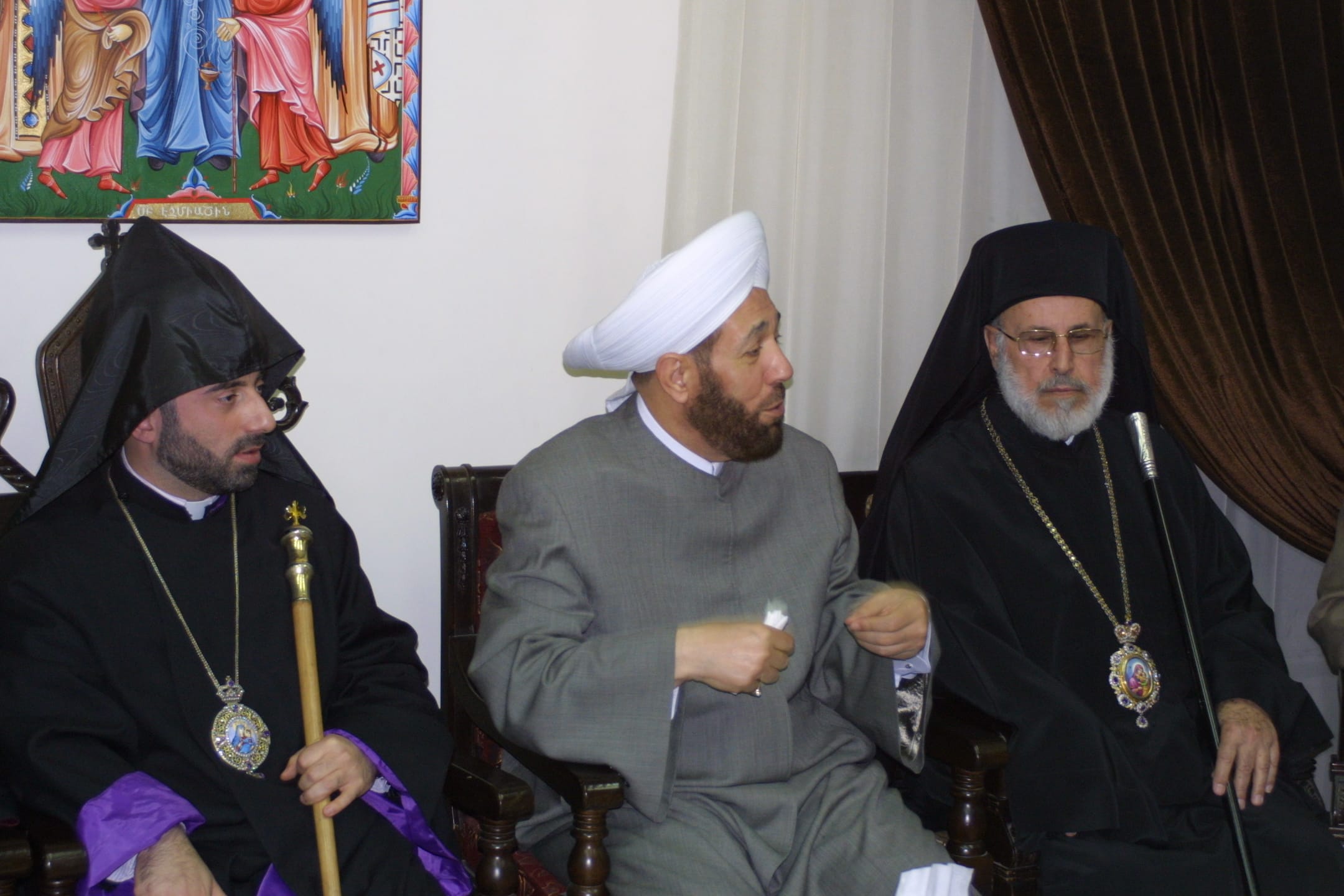The civil war in Syria, which began in 2011, has profoundly affected the lives of millions, including the country’s Christian population. Once a vibrant community, Christians in Syria now find themselves grappling with the consequences of a protracted conflict that has altered their social, economic, and spiritual landscapes. As they mark this period of transformation, many express their grief over the losses endured while simultaneously hoping for a more stable future. The recent statements from the United Nations envoy, who has called for an end to sanctions against Syria, have added a new layer to the ongoing discourse surrounding the humanitarian crisis in the region.
The Christian community in Syria has a rich history that dates back to the early days of Christianity. Historically, Christians have played an integral role in the cultural and social fabric of the country. However, the civil war has led to significant demographic shifts, with many Christians fleeing to safer regions or abroad. Those who remain often find themselves in precarious situations, facing threats from various factions and struggling with the crippling effects of sanctions that hinder access to essential services and aid.
During a recent gathering, community leaders and members reflected on their experiences over the past decade. Many spoke of the emotional toll that the conflict has taken on their families and congregations. The memories of lost homes, broken families, and diminished congregations were palpable in the air. Yet, amidst this sorrow, there was also a sense of resilience. Some community members shared stories of how they have adapted to their new realities, finding ways to support one another through shared resources and mutual aid.
The UN envoy’s recent appeals for an end to sanctions have resonated deeply within the Christian community. Many believe that the sanctions, while intended to pressure the Syrian government, have disproportionately affected ordinary citizens. The restrictions have led to skyrocketing prices for basic goods, limited access to medical care, and a general decline in living conditions. As the envoy highlighted the need for humanitarian access and support, many in the community expressed hope that a change in policy could alleviate some of their suffering.
Moreover, the Christian community has been actively involved in humanitarian efforts, providing assistance to those in need regardless of their religious affiliation. Churches and organizations have been at the forefront of delivering food, medical supplies, and shelter to vulnerable populations. This spirit of solidarity has been a source of strength for many, reinforcing the notion that compassion transcends religious boundaries.
As the situation in Syria remains fluid, the future of the Christian community hangs in the balance. The ongoing dialogue surrounding sanctions and humanitarian aid is critical, as it directly impacts the livelihoods and well-being of countless individuals. The community’s desire for peace and stability is palpable, with many expressing a longing for the days when they could freely practice their faith and participate fully in the life of the nation.
In conclusion, the reflections of Syrian Christians on their transformation amid the ongoing conflict reveal a complex interplay of grief, resilience, and hope. The UN envoy’s call for an end to sanctions highlights the urgent need for a reevaluation of international policies that affect the humanitarian landscape in Syria. As the Christian community continues to navigate this challenging environment, their stories serve as a testament to the enduring spirit of faith and the profound impact of collective action in the face of adversity.



